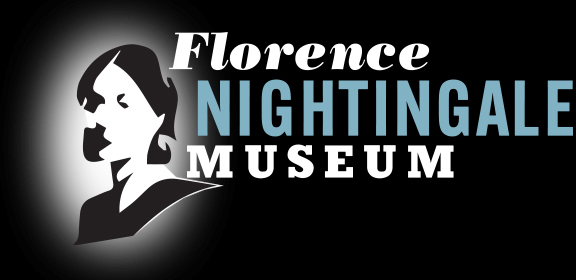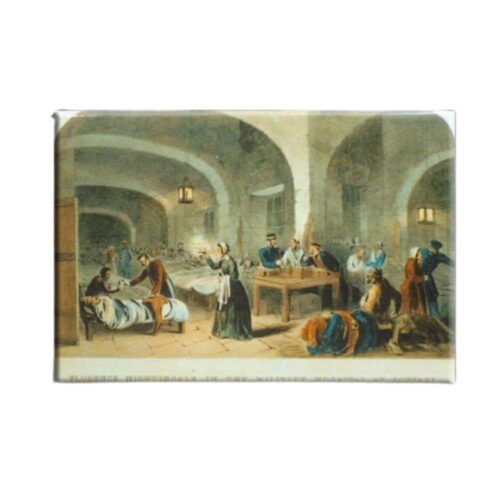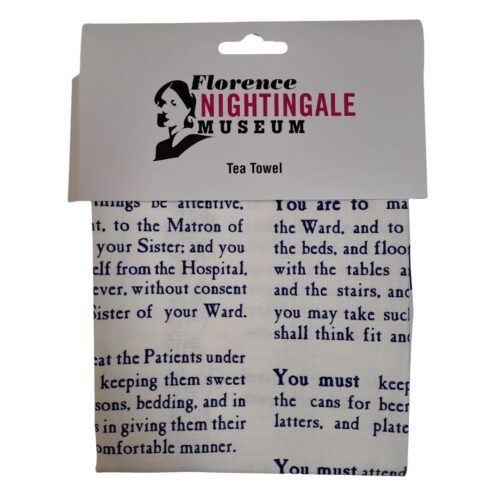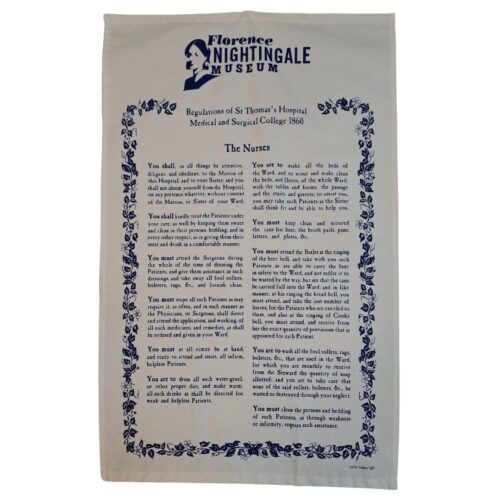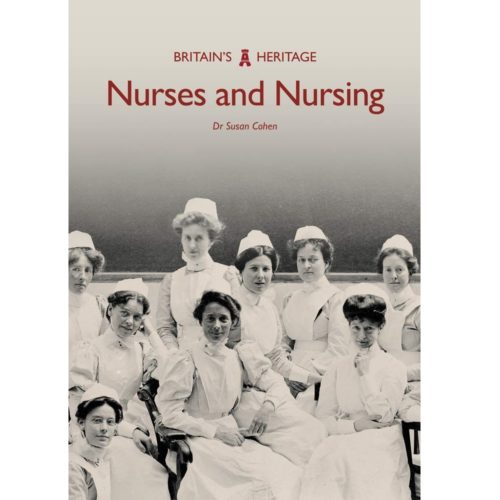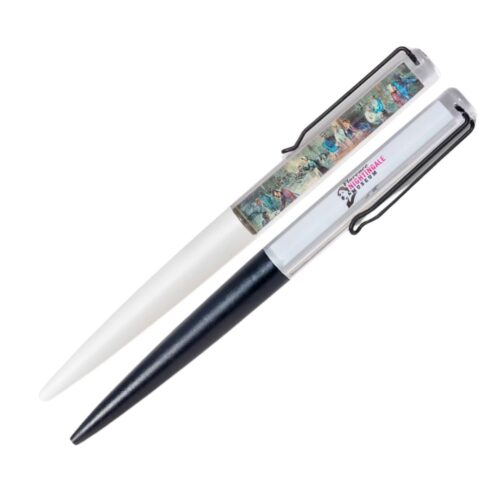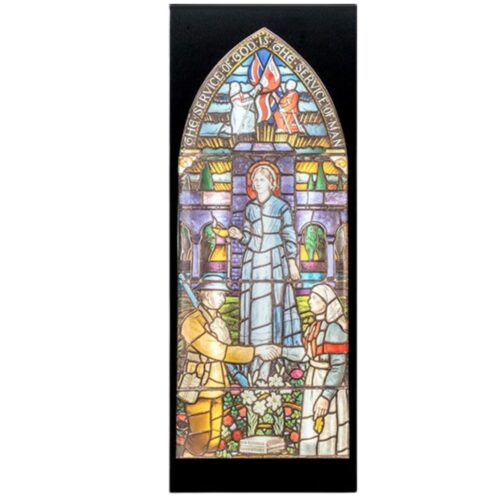-
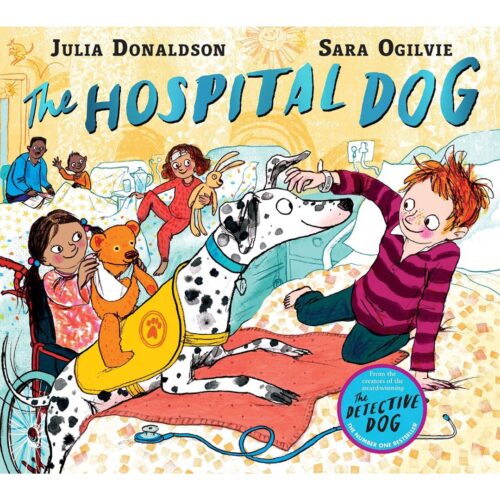 After their breakfast and a swim in the sea, Dot the dalmatian and her owner Rose jump on the bus to the hospital. Dot loves visiting the children of Wallaby Ward and they’re always pleased to see her too; from a crying baby to a bored teenager - a pat, a stroke and a cuddle with Dot cheers everyone up. But the work of the hospital dog doesn’t stop there and when one of her patients is in trouble, it’s up to Dot to save the day!
After their breakfast and a swim in the sea, Dot the dalmatian and her owner Rose jump on the bus to the hospital. Dot loves visiting the children of Wallaby Ward and they’re always pleased to see her too; from a crying baby to a bored teenager - a pat, a stroke and a cuddle with Dot cheers everyone up. But the work of the hospital dog doesn’t stop there and when one of her patients is in trouble, it’s up to Dot to save the day! -
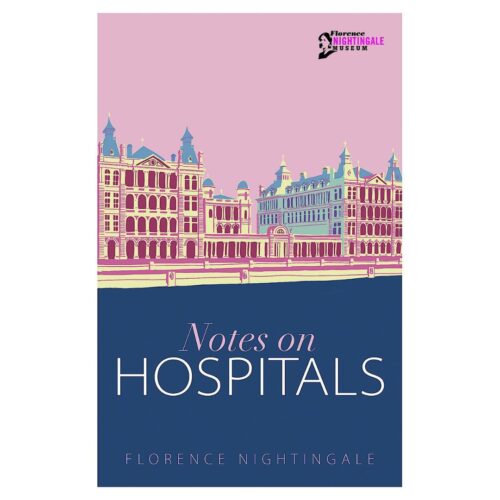 In this classic historical text on hospitals - featuring a foreword by the Florence Nightingale Museum - Nightingale reveals her passion for good hospital architecture and design. At Scutari she saw first-hand the harm which can be caused by inadequate and poorly designed hospital buildings. Nightingale openly criticised designs which she thought might lead to higher infection rates, and therefore patients' deaths. Published in conjunction with the Florence Nightingale Museum, the cover of this edition is exclusive to the museum.
In this classic historical text on hospitals - featuring a foreword by the Florence Nightingale Museum - Nightingale reveals her passion for good hospital architecture and design. At Scutari she saw first-hand the harm which can be caused by inadequate and poorly designed hospital buildings. Nightingale openly criticised designs which she thought might lead to higher infection rates, and therefore patients' deaths. Published in conjunction with the Florence Nightingale Museum, the cover of this edition is exclusive to the museum. -
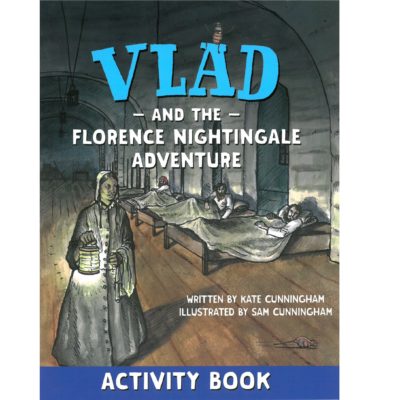 This activity book accompanies the picture book Vlad and the Nightingale Adventure. In 1854 Vlad the flea and Loxton the rat were enjoying the rotten food and dirt in Scutari Hospital. Their lives were turned upside down by the arrival of Florence Nightingale and her tortoise Jimmy. They know a lot about Florence and her work, but how much do you know? Find out about Florence Nightingale through puzzles and games and learn how to people with basic first aid skills.
This activity book accompanies the picture book Vlad and the Nightingale Adventure. In 1854 Vlad the flea and Loxton the rat were enjoying the rotten food and dirt in Scutari Hospital. Their lives were turned upside down by the arrival of Florence Nightingale and her tortoise Jimmy. They know a lot about Florence and her work, but how much do you know? Find out about Florence Nightingale through puzzles and games and learn how to people with basic first aid skills.
